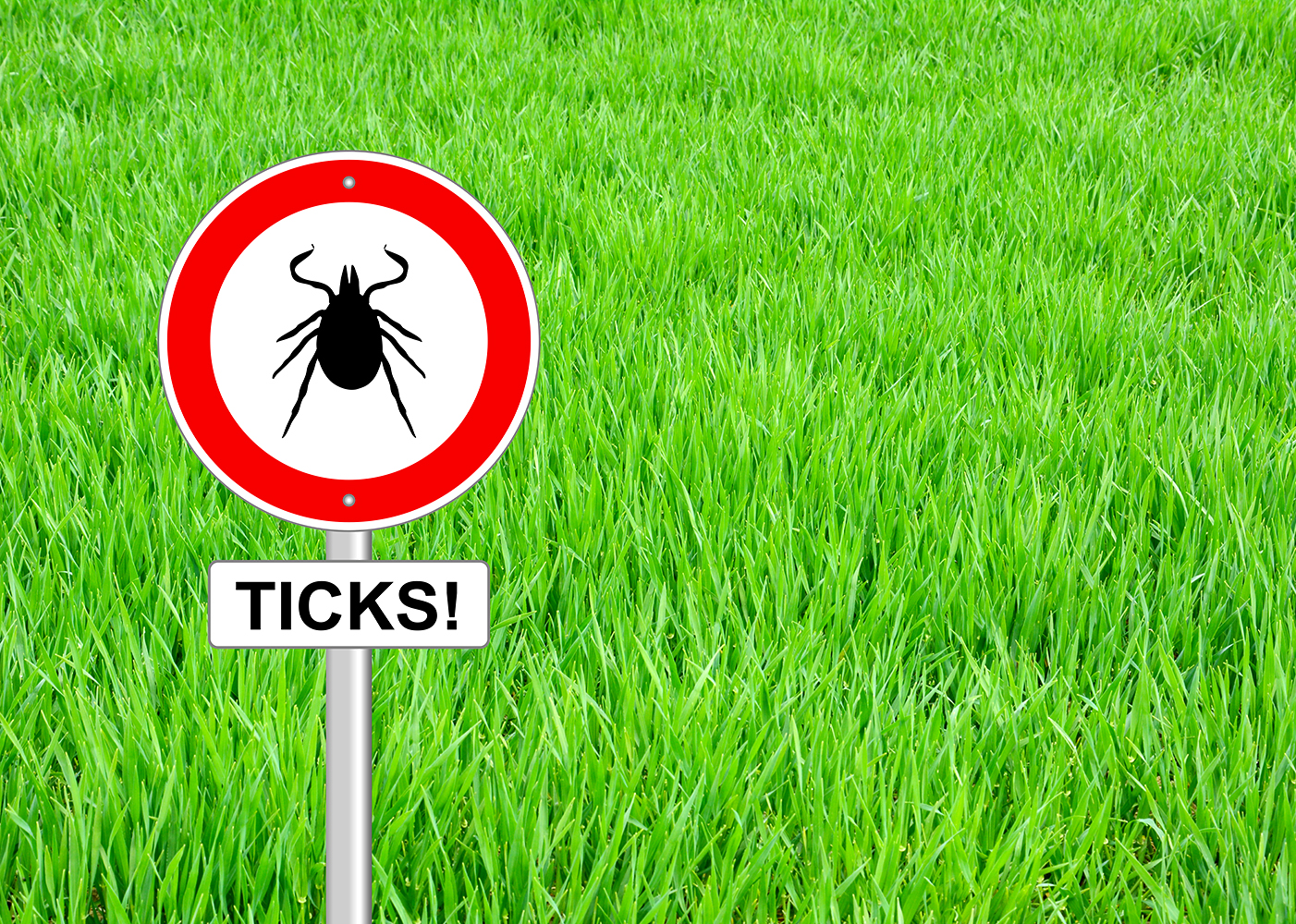By Lola Augustine Brown Photo: iStock/Schlegelfotos.
The thought of a tick infecting them with Lyme disease is scary enough to keep a lot of people out of the woods, but now Canadians who love a good steak or roast of beef have a special reason to be ticked off. A bite from the Lone Star tick can apparently cause you to become suddenly and perhaps permanently allergic to red meat, including beef and pork.
A sugar—alpha-gal, for short—found both in red meat and in the Lone Star tick’s saliva (and in all mammals except humans) is the problem—the tick bite can trigger a reaction to the alpha-gal and cause a carnivore to become a vegetarian or face vomiting, diarrhea, hives, and even anaphylaxis every time he or she they tries to eat a hamburger.
Cases of Lyme disease are on the rise as the blacklegged (or deer) ticks that carry it have been making their way north into Canada, and the Lone Star tick, common in the southern and midwestern United States, appears to be heading north, as well. Lone Star ticks and cases of the meat allergy have been reported in Minnesota, New Hampshire, and Maine, and while very few Lone Star ticks have been spotted in Canada, there have been isolated reports in Ontario and New Brunswick.
If you go out in the woods today—and especially where ticks have been reported—take precautions: wear insect repellant with DEET, wear light-coloured clothing (to make tick spotting easier) with long sleeves and legs, tuck your pants into your socks, and check yourself often to make sure no ticks have found their way to your exposed skin.
If you do get bitten by a tick, it’ll be attached to your skin, but don’t panic—it takes 24–36 hours before you might be infected. Remove the insect gently using tweezers and take it and yourself to the doctor.




